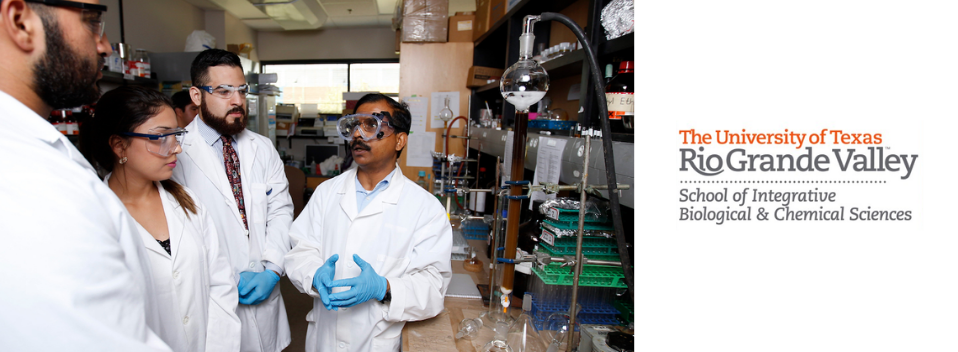
School of Integrative Biological & Chemical Sciences Faculty Publications
Document Type
Article
Publication Date
5-19-2024
Abstract
Soybean (Glycine max) is the most important plant protein source, and Fall Armyworm (FAW, Spodoptera frugiperda) is considered a major pest. This study aimed to examine the impact of FAW feeding on soybean accessions that vary in their water use efficiency (WUE) traits, by examining FAW growth and life history parameters along with plant growth response to pest damage. Soybean accessions were grown in a greenhouse and exposed to FAW larval feeding for 48 h at three different soybean growth stages: V3, R3, and R6. The growth and development of the FAW and soybeans were monitored. Results showed that faster wilting soybean accessions grow taller and have more leaves than slower wilting accessions, but yield was higher in slower wilting soybean accessions. FAW experienced the highest mortality on mid-stage (R3) soybean plants, but they gained the least mass on early stage (V3) soybean plants. These results can assist in better understanding plant insect-interactions at different life stages in both soybean and FAW with implications for management.
Recommended Citation
Ayala, Jessica, Alejandro Vasquez, Devi Balakrishnan, Evelyn Madrigal, Justin George, and Rupesh Kariyat. "Effects of fast and slow-wilting soybean genotypes on fall armyworm (Spodoptera frugiperda) growth and development." Communicative & Integrative Biology 17, no. 1 (2024): 2354421. https://doi.org/10.1080/19420889.2024.2354421
Creative Commons License

This work is licensed under a Creative Commons Attribution-NonCommercial 4.0 International License
Publication Title
Communicative & Integrative Biology
DOI
10.1080/19420889.2024.2354421


Comments
Student publication. © 2024 The Author(s). Published by Informa UK Limited, trading as Taylor & Francis Group. This is an Open Access article distributed under the terms of the Creative Commons Attribution-NonCommercial License (http://creativecommons.org/licenses/by-nc/4.0/), which permits unrestricted non-commercial use, distribution, and reproduction in any medium, provided the original work is properly cited. The terms on which this article has been published allow the posting of the Accepted Manuscript in a repository by the author(s) or with their consent.